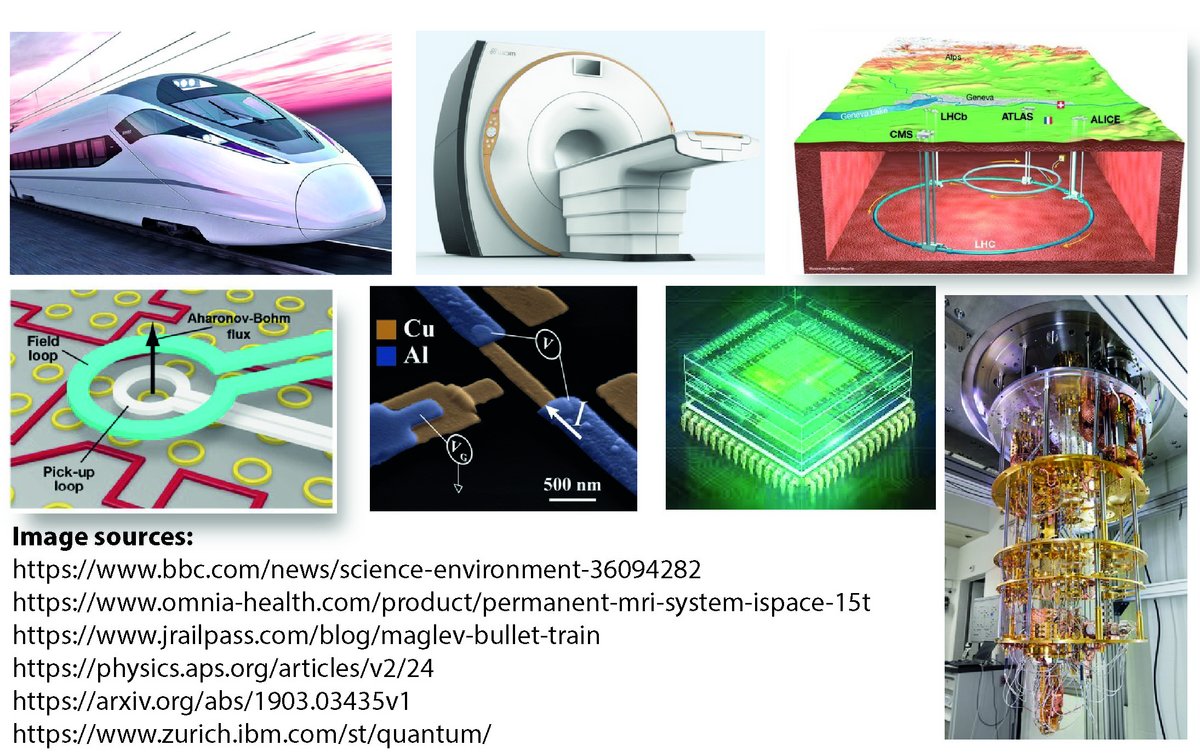
Superconductivity: Fundamentals and Applications - Lecture (Prof. Dr A. Di Bernardo)
| Day | From | To | Starting date | Ending date | Platform |
| Monday | 15.15 | 16.45 | 02.11.2020 | 08.02.2021 | Webex |
| Thursday | 15.15 | 16.45 | 05.11.2020 | 11.02.2021 | Webex |
Superconductivity: Fundamentals and Applications - Tutorial (Prof. Dr A. Di Bernardo/Mr Alfredo Spuri)
| Day | From | To | Starting date | Ending date | Platform |
| Monday | 16.45 | 17.45 | 02.11.2020 | 08.02.2021 | Webex |
Content
After more than 100 years since its discovery by Heike Kamerlingh Onnes in 1911, superconductivity remains one of the most tantalizing and extensively investigated phenomena in condensed matter physics. This course will review the fundamentals of superconductivity and explain, through the support of research findings from the most recent scientific literature, the main technological applications where superconducting materials have played or can play a major role.
In particular, after reviewing the peculiar properties of superconductors (Meissner effect, superconducting transition, thermodynamic properties etc.), the microscopy Bardeen-Cooper-Schrieffer theory for conventional superconductors and the phenomenological Ginzburg Landau theory will be introduced. The concept of unconventional superconductivity will also be explained along with experimental spectroscopic techniques used to determine the nature of the superconducting gap. The Josephson effect will then be presented along with its applications for superconducting circuits. The major technological applications of superconductors will be finally reviewed including ultrasensitive magnetometers, magnetic levitation (maglev) trains, particle detectors, RF and microwave filters for telecommunications,digital circuits with high energy efficiency and quantum computers.
Organisation
The lecture course and related tutorial classes will be given online via the Webex platform due to the restrictions for the Covid-19 pandemic. The link to the online Webex course will be provided to all attendees and other university members interested via email or upon request.
